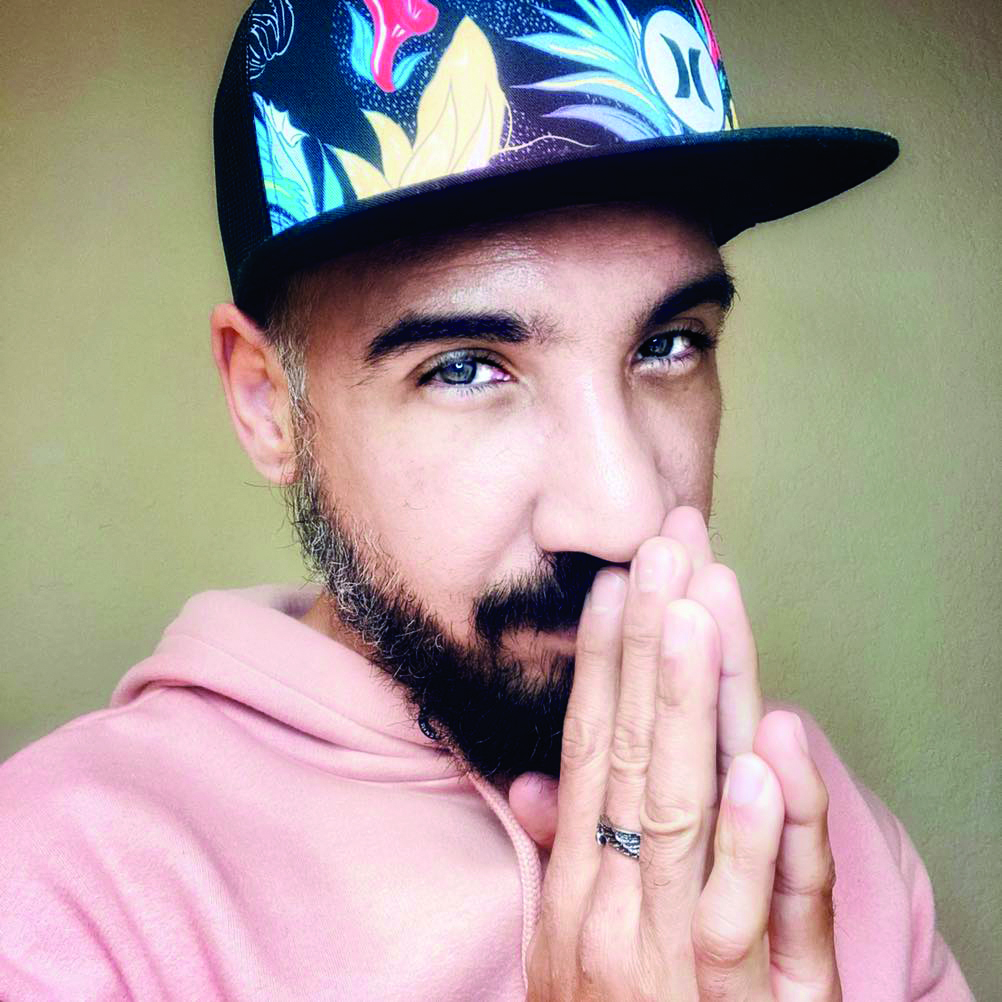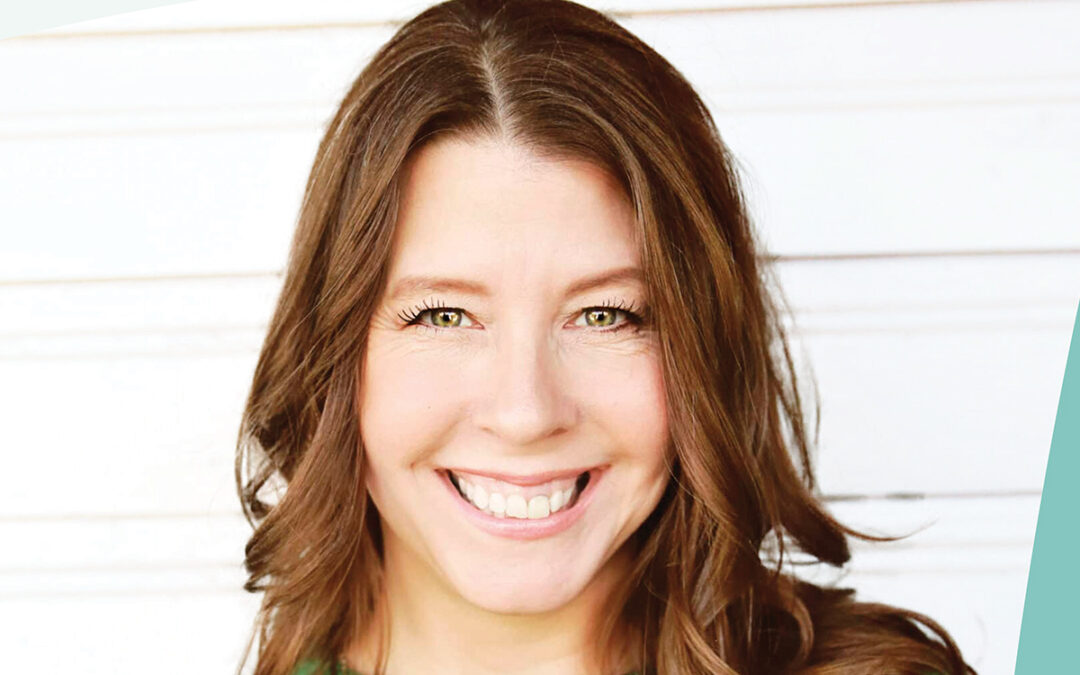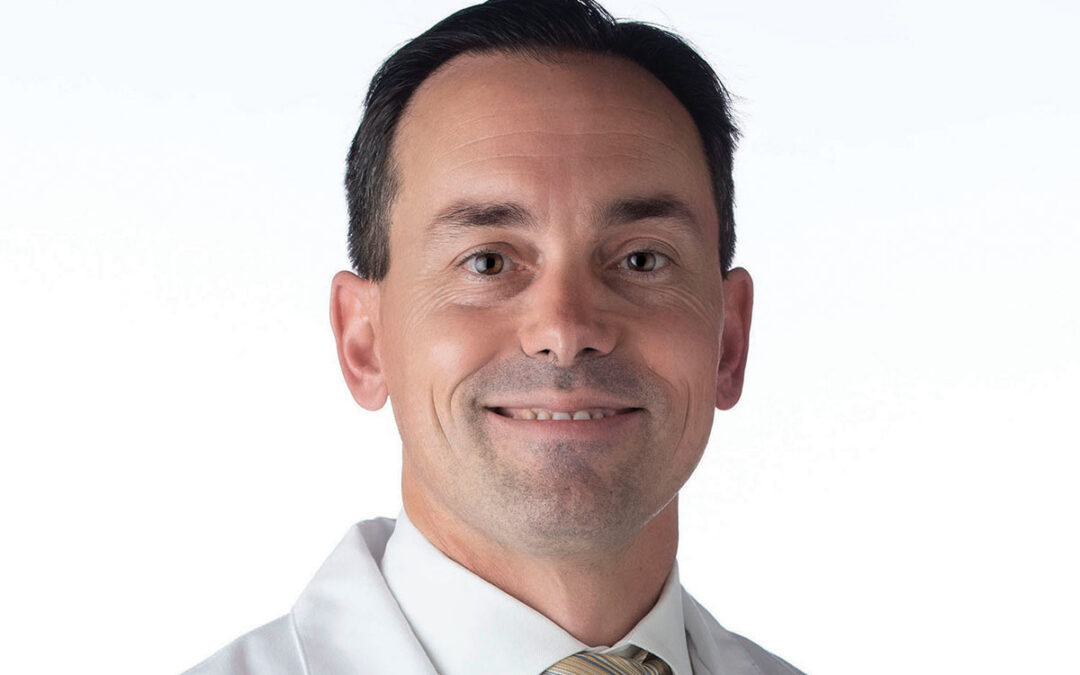A Beginner’s Mind
By Angel Santiago
“In the beginner’s mind there are many possibilities. In the expert’s mind there are few. “-Shunryu Suzuki
The process of using your mind to create a greater understanding and appreciation of yourself and the world around you is not dependent on intelligence or ability. Rather, it involves openness and a continued expansion of knowledge. This process encourages active participation in scholastic, cultural, and community activities and engagement in new, mentally stimulating and creative tasks. This process requires a beginner’s mind.
Having a beginner’s mind means having an attitude of openness, eagerness, and freedom from preconceptions when approaching anything in life. A beginner’s mind is a place of uncertainty. A place where the mind does not know what to do. It is that sweet spot when you’re completely present in the moment, curious, and absorbing all new information.
We live in a society that craves instant gratification, but that’s not how the learning process works. Every time you learn something new, you are in a “beginners’ mode” and must understand that it’s not going to happen in an instant. At the start, the learning curve goes up, and your curiosity will lead you to experience progress; but eventually, you will experience a challenge.
Eventually, you will get to a point where things are not working out quite the way you envisioned them. What will you do in that moment? Will you quit? Unfortunately, some people do, while others tend to get overly stressed and frustrated and go into a panic mode that prevents them from moving forward. This makes it difficult to have a breakthrough.
What I suggest is that you first accept and understand that experiencing a challenge during the learning process is not only normal, it’s expected. So, when you get to that first challenge, find someone who has been there before. Speak to a trusted coach or a mentor to gain some perspective on your situation.
Once you have found your go-to source, be open to their feedback. They will likely ask questions to gain a clear picture of this particular area of your life in order to provide appropriate advice. They will give you suggestions, tools, and resources that will help you. They will likely advise you on a strategy for tackling your challenge. But here’s the kicker: the knowledge your source is providing you with is completely new information. This means that you will experience a dip in the learning curve and go into a “beginners’ mode” again, this time, with new knowledge. You must continue to trust the process.
Here, you will once again find yourself at another pivotal point; a second time you feel challenged. Again, you have a choice to feel frustrated, get upset, and use the consultation you had with your trusted source as a justification for having earned the right to quit. But you choose to defy those feelings. You choose not to quit. You stick it out, and you face the challenge head-on because you knew it was coming. It was part of the process. So, you continue to apply yourself and have the discipline to practice those newly learned suggestions and tools. Then suddenly, it will all make sense, and everything will click. You progress, you improve, and you experience massive growth. Then, another challenge comes along, and once again, you reach out to a trusted source, and the cycle continues. The process repeats itself time and time again and skips no one.
You must remove the expectation that you should know better and that you must “get it right” from the start. Remove any doubt that you aren’t good at something and that this new goal or opportunity you’re trying isn’t for you. Instead, take the “GPS approach.” This approach suggests that you will find a way to get to where you are going regardless of how long it takes and even if your navigation app freezes up or takes you off course. When your navigation app fails you, you don’t quit driving; you troubleshoot. You restart the app; you call a lifeline; you use a different tool; you somehow figure out a way to get to where you are going.
We are very resourceful when we are trying to physically get somewhere we really want to go, but when it comes to our goals, we are quick to give up. Be resourceful, figure it out, and have faith that you are going to get there. Of course, you must know where you are headed. You must be clear and definite about your destination. Your goal must be tied to something meaningful, deep, and bigger than you. Your goal must be in alignment with your vision.
So, what is your destination? Where are you going? If you don’t know the answer to that, then how could you possibly get help with directions? If you do know where you’re going, if it’s deep, meaningful, and compelling enough for you, you will be willing to go through the inevitable ups and downs of your journey. I hope this helps you along your personal journey towards growth and inspires you to embrace and enjoy the learning process.
Blessings, Angel Santiago

My name is Angel Santiago, and I’m a Transformational Coach.
Feel free to connect with me via social media under the hashtag #LifeCoachAngel.










0 Comments